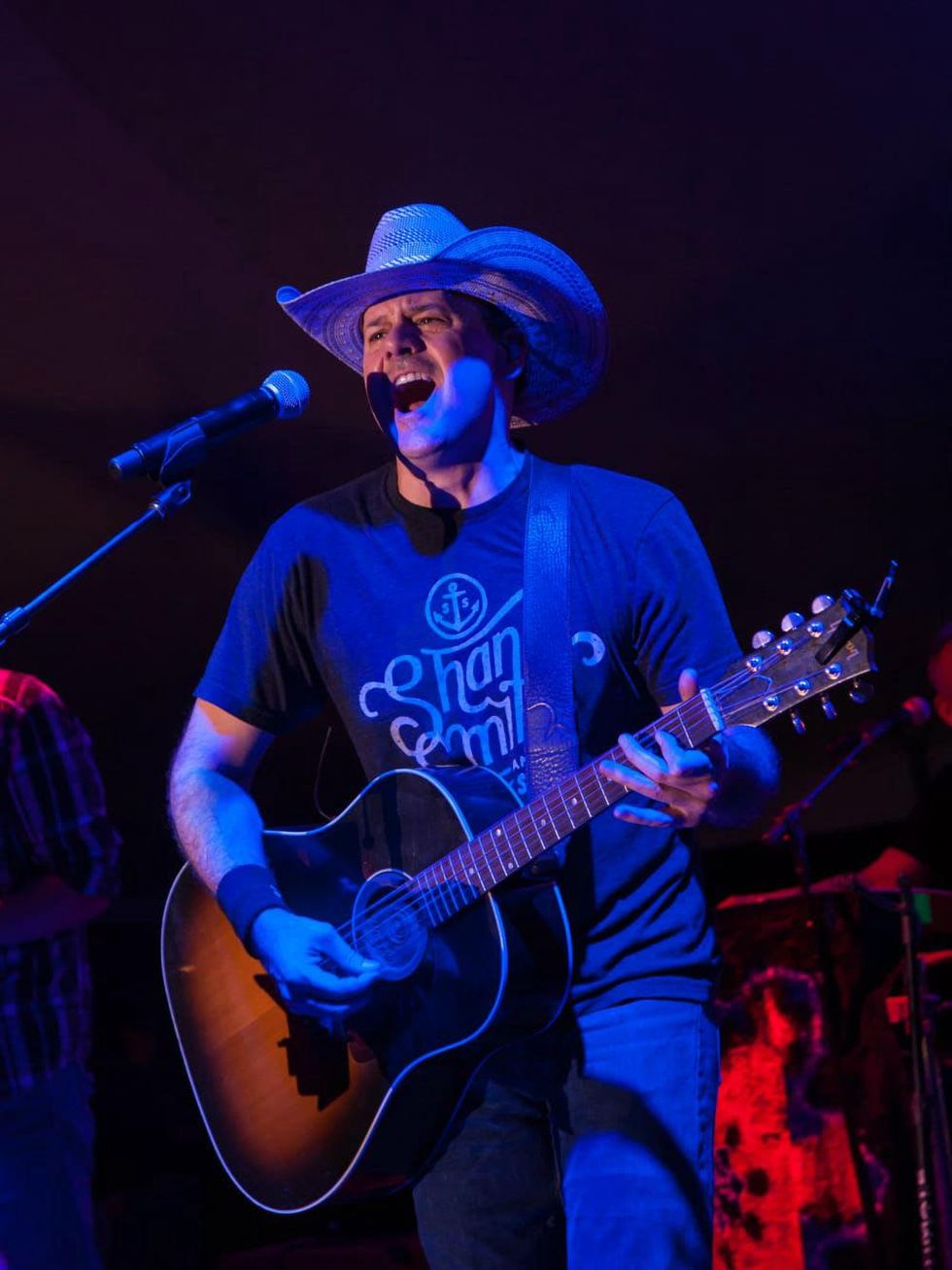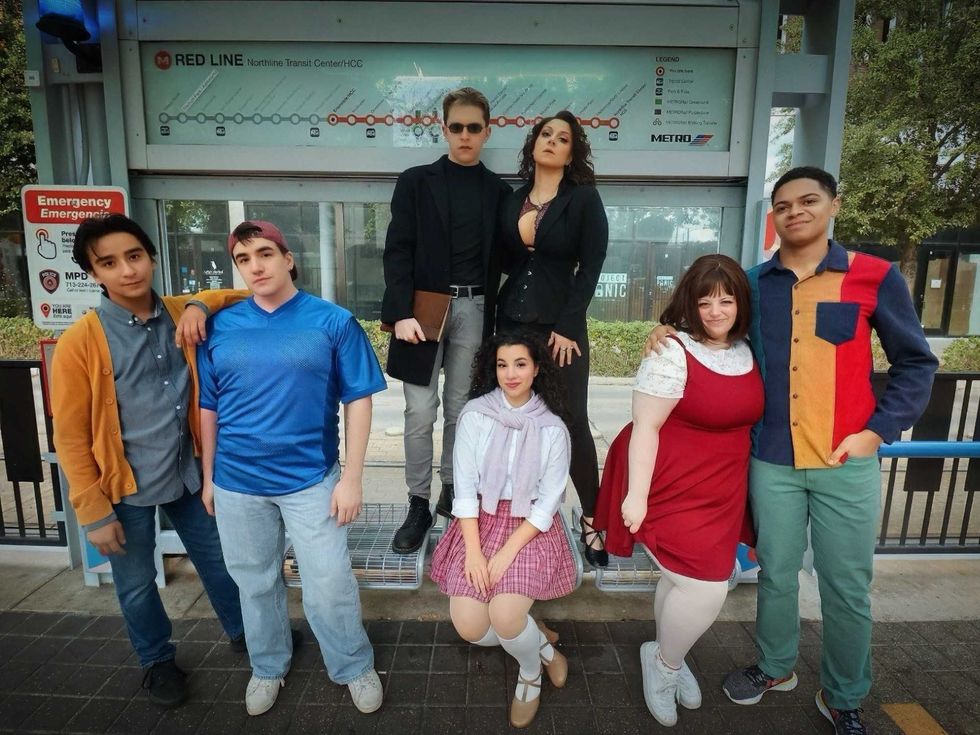Indiana Jones, Only Better
The art detective is on the case: Robert Wittman on a wild life of recoveringstolen treasures
A pianist — who could whip through a Chopin Fantasie — turned salesman turned FBI agent who knows the difference between provenance and provenience and now lives an Indiana Jones-esque life recovering priceless art and cultural artifacts?
It may sound like the epitome of the latest Hollywood blockbuster, but alas it isn't. It may be a cliché, but indeed, truth is often better — and more unimaginable — than fiction.
Meet Robert Wittman — a former FBI art crimes investigator and author of the New York Time Bestseller, Priceless: How I Went Undercover to Rescue the World's Stolen Treasures — a man who has dedicated his life to bringing karma to bad guys who love money and get it through stealing and selling invaluables from museums, galleries and archeological sites.
A stolen Picasso, Rembrandt, or Vermeer, huacos vanishing from an Inca burial site, a pre-union flag evaporating mid-travel, cultural artifacts disappearing from archeological sites (courtesy of an inside job), an overzealous amateur or professional crook seeing opportunity . . . it all happens in the art world.
And Wittman isn't about to sit back and let those crazy kids get away with it. He's on the job, undercover, solving heist after heist, putting pilferers behind bars and returning objects to their rightful resting place.
Wittman is headed to Houston to deliver a couple of talks on Thursday at the University of Houston and the Museum of Fine Arts, Houston and CultureMap caught up with the artsy gumshoe. He spilled the beans. We wrote it down.
CultureMap: Let's talk about Priceless. It's a page turner, kept me on the edge. Don't you worry that by writing it and appearing on The Colbert Report you are outing and putting yourself in danger for future undercover operations?
Robert Wittman: My face is not common. People may know who Stephen Colbert is, but unless you've seen that show (or his other interviews), my face isn't that recognizable. Undercover, I can be anyone I want to be. The rule of undercover work remains the same: Keep the lies to a minimum so you don't trip over yourself.
I retired from the FBI in 2008, but had been thinking about the book since 2007. Now that I run my own business, I have been working on more cases than with the FBI. I can take on civil cases, cases the FBI considers closed or old — we can't reopen a case without new intelligence — work for institutions, private galleries, insurance companies and private individuals.
CM: What is the state of art crime — what some refer to as a "victimless crime" — in the United States and what do you think that says about how our society values art and cultural artifacts?
RW: I believe that art crime is something that's still relevant and growing. In economic downturns, crime tends to increase, especially when you speak of things like art, cultural artifacts and valuable property. The risk increases when security in museums and galleries becomes lax. Security, protection and surveillance are not on the profit side of the ledger and are one of the first things to be cut in the form of guards and working hours.
So, it becomes easier to commit these types of crimes, offenders see the opportunity.
Within the last 25 years, there's been a large change in attitude in the U.S. and all around the world in regards to cultural property protection. To a certain degree, countries like Peru, Thailand, Greece and Italy are more aware of these activities.
But this awakening has not been supported by law enforcement and legislation that have teeth. The value of the artifacts has gone up exponentially, but not in the same rate as the cultural worth.
At this point, 90 percent of what was in the ground in Peru is all gone. I took a balloon ride with (Peruvian archeologist) Walter Alva over Cuzco along the Inca plateau, and you could see literally hundreds of holes where graves and burial sites were robbed.
The U.S. is a relatively new country — about 200 years old — so we don't have warehouses full of ancient works, though we are the the largest consumer of art in the world. Since the 1980s, 40 percent of all art sold is sold in the U.S., a figure amounting to $80 billion a year. There are federal laws protecting buyers and sellers, but our wealth does illicit trafficking. There are always bad eggs when you create strong markets.
CM: Personally, what's the most rewarding case you've worked on?
RW: Every case I have been involved in was rewarding in different ways. It's hard to qualify and quantify what's more important, a $35 million Rembrandt painting stolen from Copenhagen or a $30,000 flag carried by African American troops fighting in the Civil War — where five individuals were fighting for freedom for themselves, their children and grandchildren — alongside Caucasian troops?
There's a rich story to every case and a reason why it will always stay with me.
CM: Is there any case you haven't solved that haunts you today?
RW: I would love to get the Isabella Stewart Gardner Museum paintings back (works by Rembrandt, Vermeer and Manet, among others, with an estimated value of $500 million, were pilfered in 1990), there is vital wind there. I think we know where they are and have proven they still exist. They will return.
CM: How does your work impact your family life?
RW: I think it's like anyone who goes into law enforcement. With a gun and badge, families have to accept the risk. If you can't do that, you can't do the job, so I put my poker face on and play the game. You always have to remember that you are doing so for a higher purpose, to protect the Constitution.
CM: Pricless is a page turner. It's an Indiana Jones meets Da Vinci Code, but in real life. And that's always more thrilling than fiction. Is there a movie in the future?
RW: At some point I think there will be a movie. There are a number of people offering me movie deals, but at this point, I am not interested in locking myself to one of them. A memoir is one thing, but a film is not a very good idea since I am still working. My company is doing very well, both my sons — Jeff (25) and Kevin (27) — and my wife Donna, she is the vice-president, work with me.
Blood is thicker than water, we all try to do the best we can.
Watch Robert Wittman on CNN:
Robert Wittman will deliver a talk at University of Houston's Rockwell Pavilion (second floor of the M.D. Anderson Library) and will discuss careers in the art business at 9 a.m. Thursday for members of the university community. That same evening at 7 p.m., the Museum of Fine Arts, Houston will host Wittman for an informational and entertaining anecdotal lecture on his life as at art crime investigator.








